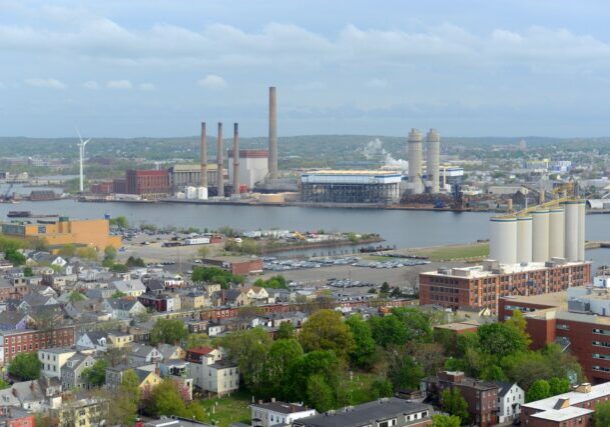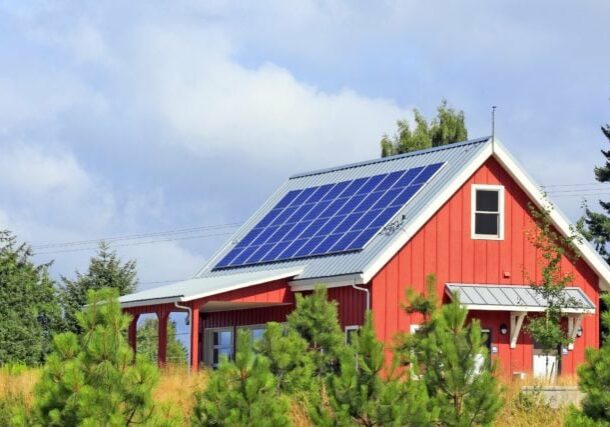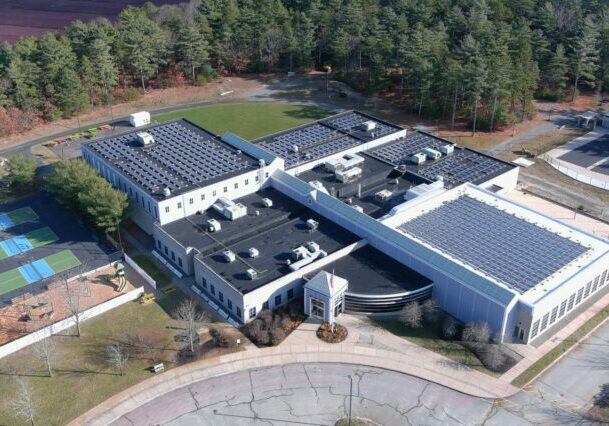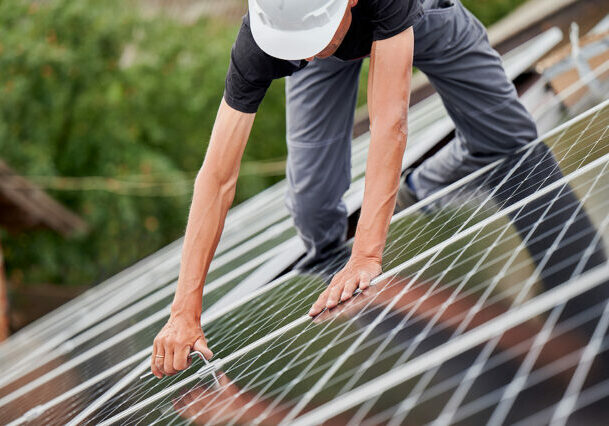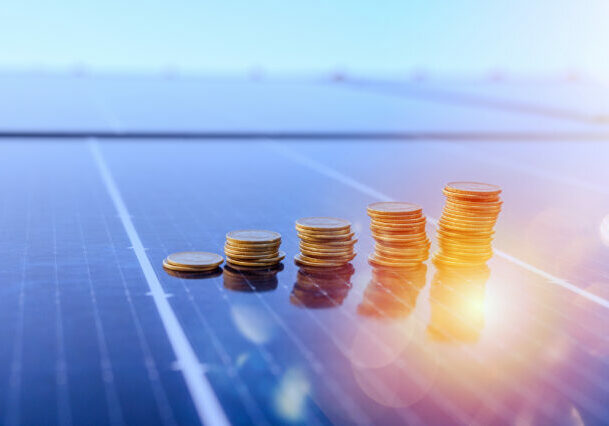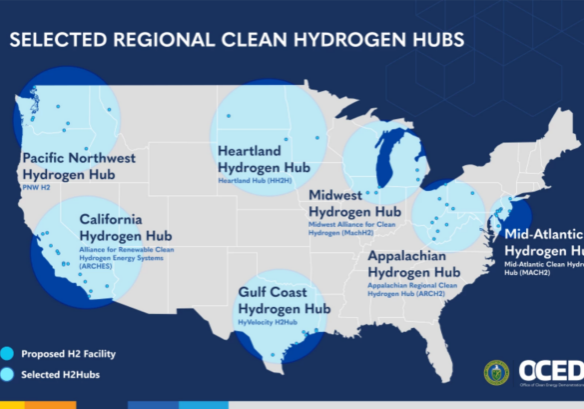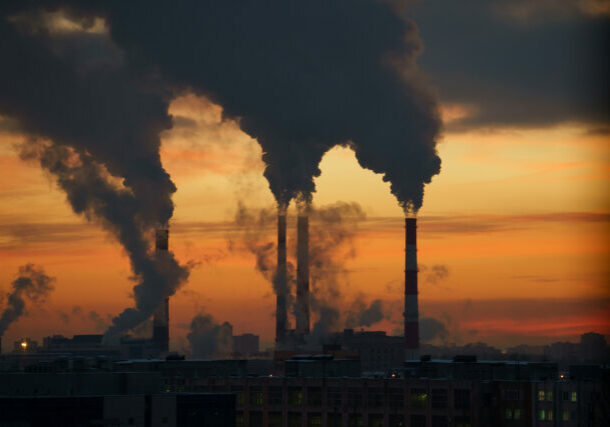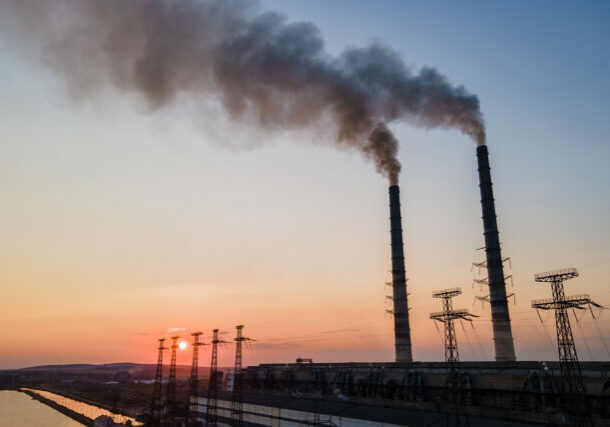May 25, 2011
States and Clean Energy Economic Development
By Lewis Milford
For the last decade, clean energy projects like wind, solar, and biomass have proliferated across the United States. While the federal government tax and incentive policies have played a key role, a little known but critical reason for the growth of the clean energy industry has been state clean energy funds. These clean energy funds, which have dedicated state funding now in over twenty states, are strategic public investors in thousands of these projects. Their past success and future opportunity to be a partner with the federal government on job growth in clean energy should be the next chapter in states’ economic development strategy.
In the early years, and still in many states today, clean energy funds have been focused primarily on individual project financing and deployment. But public state fund roles are changing with the growth of the clean energy industry. Beyond investing in projects, some of these state funds are also taking on economic development activities within their states.
Along with project investment activity, some state funds now are focusing efforts on economic development activities to grow the industries that those renewable energy projects have spawned. These state-level activities include identifying supply chains renewable energy technologies and applications such as offshore wind, making equity investments in solar and wind companies, and developing industry clusters in areas such as modern energy storage companies. A few state funds also have been active in business incubation—providing working capital for expanding growth companies, public venture capital, and workforce training.
State public clean energy funds are in the perfect position to institute a new set of economic development strategies to create a clean energy economy. They have been the leading public investors in clean energy projects on the ground in the U.S. They have helped make it possible for the President of the United States to peg future job growth on an expanded clean energy economy.
But what is needed to grow these programs is a smarter, working relationship with the federal government. Washington D.C. agencies need to look at state funds not another constituency fighting for dollars, but as investment partners to grow the clean energy economy.
This is just the beginning of what will be several posts in the future about how the federal government and the states need to develop better partnerships on clean energy and economic development. Clean Energy Group has written about how a new “clean energy federalism” could work (Innovation to Infrastructure: Clean Energy without Cap and Trade) and we are working on new ideas to make that a reality.







